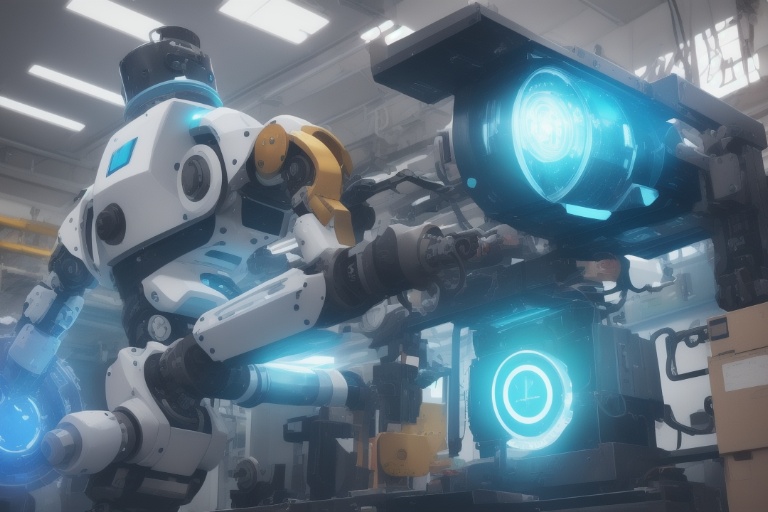
- Details
- By:
- Category: Machine Learning
As we delve into the realms of technology, specifically the areas of artificial intelligence (AI) and machine learning (ML), one can't help but notice their ubiquity in our digital era. These dynamic fields are propelling us into the future, shaping the fabric of our daily interactions with technology across a spectrum of industries. They play a pivotal role in innovations, from crafting clever algorithms and interactive chatbots to delving into the depths of big data. The capabilities of AI and ML are growing exponentially, presenting an almost boundless landscape of potential applications.
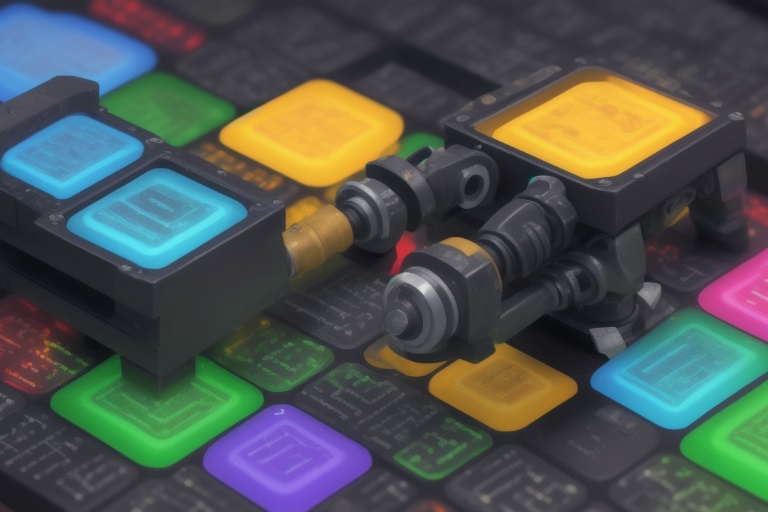
- Details
- By:
- Category: Machine Learning
Artificial intelligence (AI) is a dynamic and transformative field, reshaping industries and altering the way we live and work. With the rising demand for AI expertise, a Master's degree in Artificial Intelligence positions individuals at the forefront of innovation, presenting numerous career opportunities and the chance to make a lasting mark in the ever-evolving landscape of technology.

- Details
- By:
- Category: Machine Learning
Artificial intelligence (AI) has swiftly become a pivotal force across multiple sectors, fundamentally transforming the way we interact with technology and conduct our day-to-day activities. AI's broad applications range from generating personalized content on streaming platforms to automating tasks that were once manual, signifying a reshaping of our societal fabric. For investors aiming to leverage the burgeoning AI sector, Exchange-Traded Funds (ETFs) present an appealing avenue. These investment vehicles offer a diversified collection of stakes in AI-centric ventures, facilitating a means for investors to tap into the burgeoning potential of this disruptive technology.

- Details
- By:
- Category: Machine Learning
In the ever-evolving digital landscape, cybersecurity remains a top priority for organizations striving to protect their data and systems from increasingly sophisticated threats. The rise of artificial intelligence (AI) and its subset, machine learning (ML), has become a game-changer in cyber defense strategies, introducing innovative approaches to outpace cybercriminals.
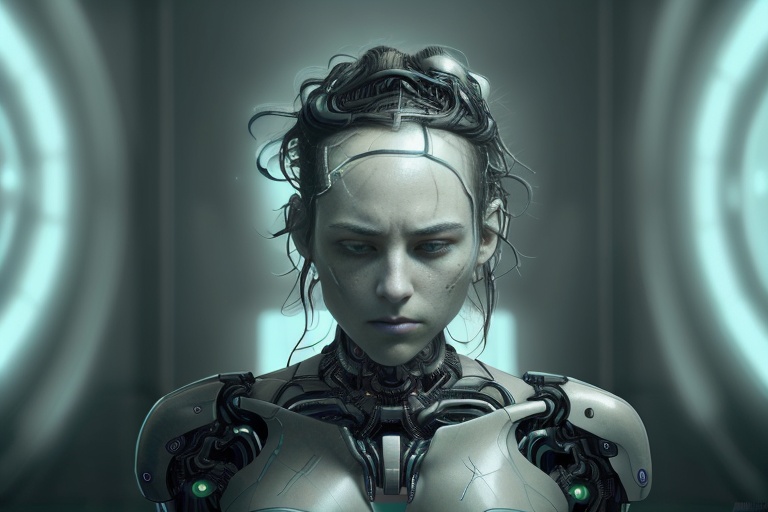
- Details
- By:
- Category: Machine Learning
Artificial Intelligence (AI), a term that sparks fascination and exploration across diverse industries, holds a particularly promising future in the realm of law. By adopting AI technologies, the legal sector stands on the cusp of a transformation that could redefine how legal professionals work and engage with their clients.

- Details
- By:
- Category: Machine Learning
Artificial intelligence (AI) stands at the forefront of technological evolution, igniting conversations filled with both awe and anxiety. As AI weaves itself into the fabric of daily life, professionals from various sectors offer discerning eyes on its unfolding journey. Their perspectives shed light on the intricate dance between human intelligence and its artificial counterpart.

- Details
- By:
- Category: Machine Learning
Artificial intelligence (AI) stands at the forefront of innovation, reshaping numerous industries and touching nearly every aspect of our lives. From powering autonomous vehicles to enhancing medical diagnostics, AI's applications are vast and growing. For those with a keen interest in the field and a desire to dive into this realm professionally, the burgeoning landscape of artificial intelligence offers a multitude of opportunities.
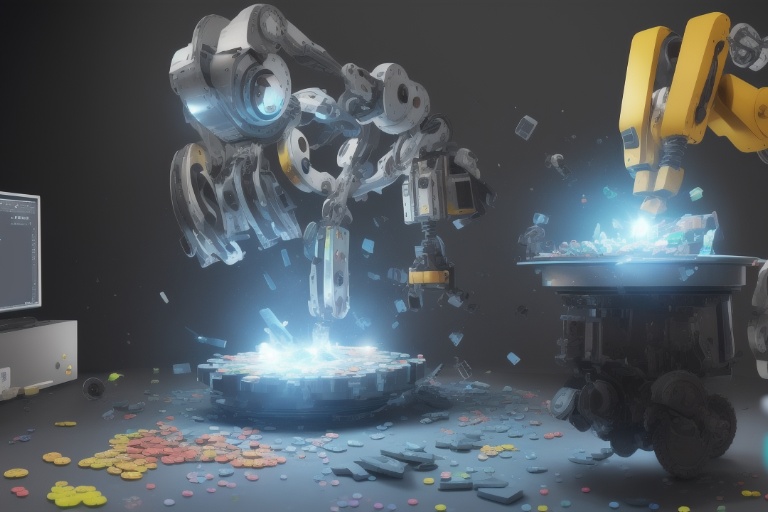
- Details
- By:
- Category: Machine Learning
Artificial Intelligence (AI) stands at the forefront of technological innovation, transforming the way we live and work. Its rapid adoption is evident across a myriad of sectors—ranging from healthcare to finance, transportation to entertainment. AI drives efficiency, augments human capability, and presents breakthroughs once thought impossible. This exploration is meant to demystify AI's most pivotal contributions and forecast its potential impact on the future of industry and the workforce.
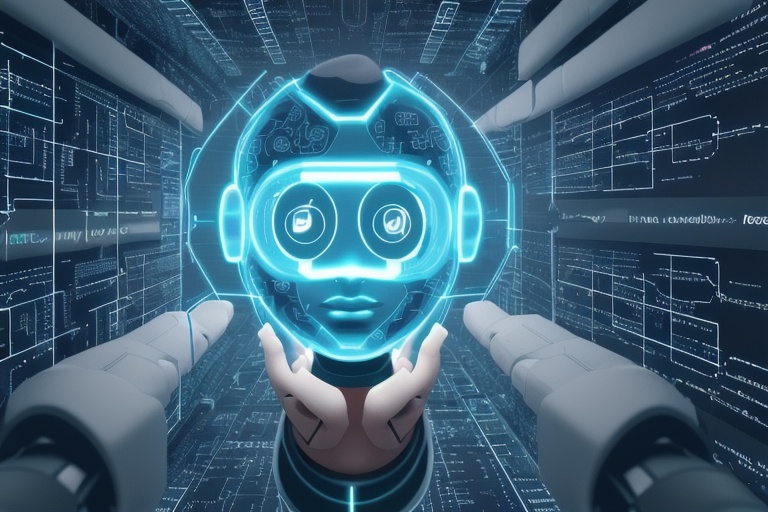
- Details
- By:
- Category: Machine Learning
Artificial Intelligence (AI) has long captivated the imagination of scientists, futurists, and the general public alike. Its dramatic ebbs and flows - from its golden era to seasons of so-called 'AI winters' - mark a journey of relentless pursuit in creating machines that exemplify human intelligence. This pursuit has indeed born fruit, bringing forth pioneering systems that have transformed industries and daily life. Let’s embark on a journey through the evolution of AI and examine its growing influence across various fields.
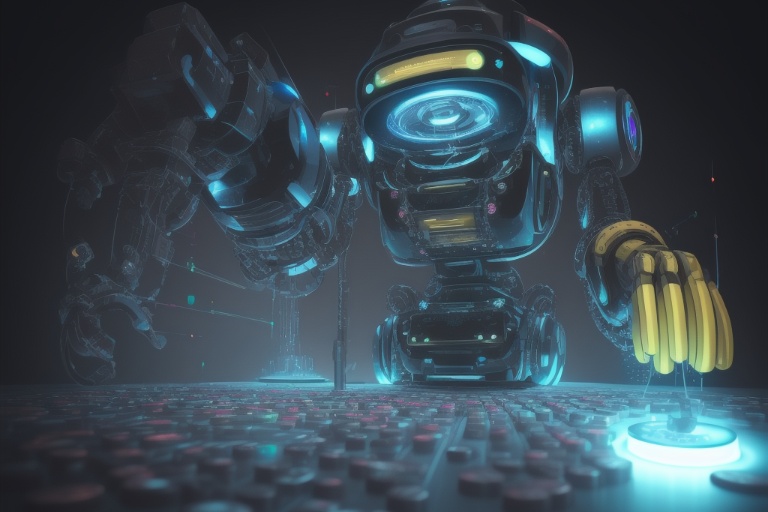
- Details
- By:
- Category: Machine Learning
Artificial intelligence (AI) has swiftly moved from the realm of speculation into the fabric of our reality, becoming an indispensable tool across countless applications. With virtual assistants like Siri and substantial investments from tech giants such as Google, AI's presence is inescapable in our modern lives. This article aims to demystify AI, machine learning, and deep learning, shedding light on what these buzzwords actually encompass.

- Details
- By:
- Category: Machine Learning
Artificial intelligence (AI) has rapidly become a cornerstone technology in multiple sectors, significantly transforming supply chain management and logistics. This advancement has enabled businesses to uncover deep insights that streamline operations and augment their overall efficiency.
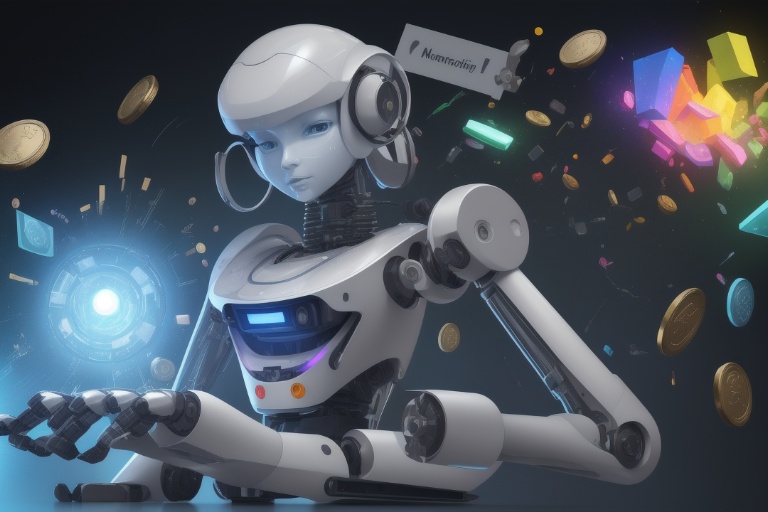
- Details
- By:
- Category: Machine Learning
The digital landscape of today presents a myriad of security challenges. Security teams constantly grapple with the need to protect data, manage user access, and respond swiftly to threats. The obstacles are substantial: sophisticated attackers, an ever-growing attack surface, an unprecedented increase in data volume, and escalating infrastructure complexity. Amid these daunting situations, the limitations of traditional security measures become starkly apparent. It's in this context that artificial intelligence (AI) emerges as a game-changer for bolstering cybersecurity measures.
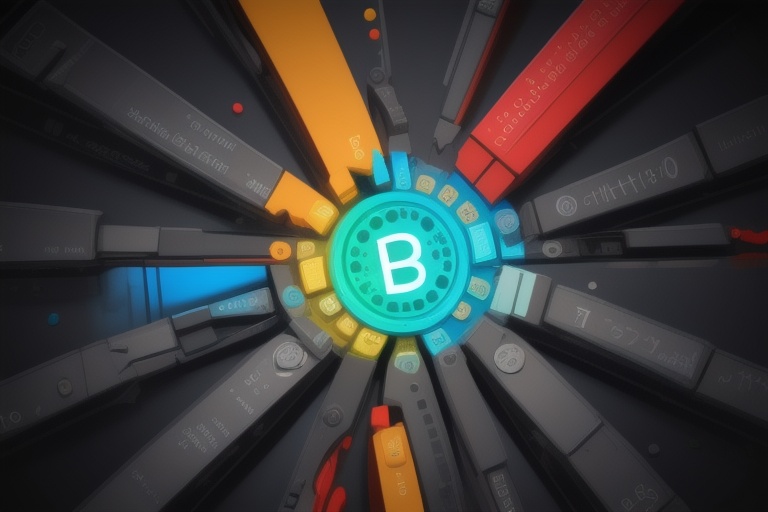
- Details
- By:
- Category: Machine Learning
Artificial intelligence (AI) has become an integral component in shaping the future of numerous sectors. From enhancing personal conveniences through virtual assistants to improving safety with autonomous vehicles, AI's broad sweep is driving an era of unprecedented innovation. Within this article, we take a closer look at 58 pioneering AI companies and startups that are setting the pace for this technological revolution. These organizations are not only shaping the current landscape but also laying the groundwork for a future where intelligent technology is ubiquitous.
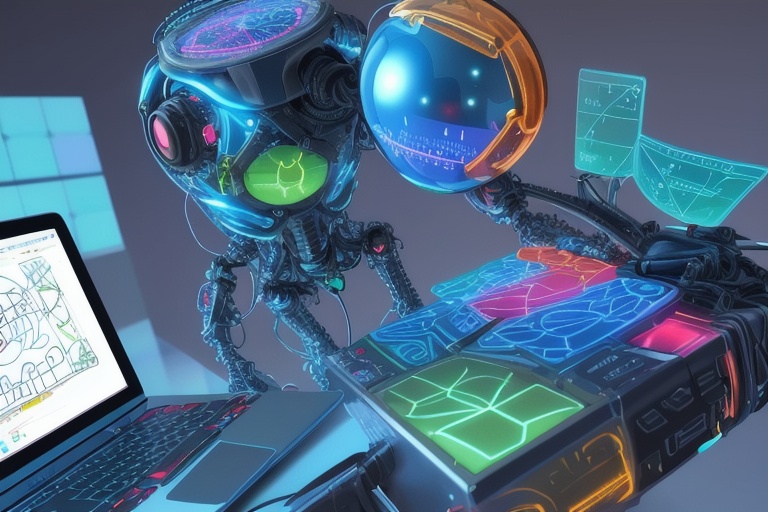
- Details
- By:
- Category: Machine Learning
Artificial intelligence (AI) and machine learning (ML) have become two of the most exciting and rapidly growing fields in technology, shaping the future in profound ways. With industries eagerly seeking AI talent, pursuing specialized education in these areas is not only desirable but increasingly essential. Simplilearn's AI Engineer Post Graduate Program and the Artificial Intelligence Geo Graduate Program represent exemplary opportunities that stand out among the myriad of choices available for those who aspire to master AI and ML.
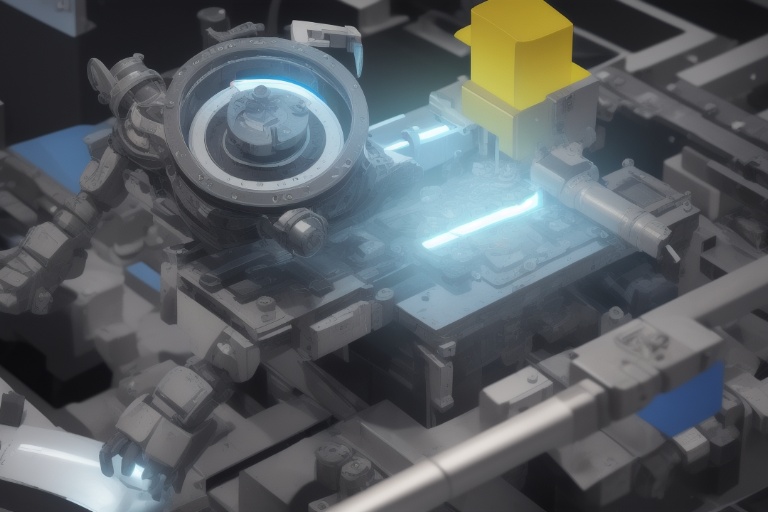
- Details
- By:
- Category: Machine Learning
Education is an essential pillar of our society, but it doesn't come without its challenges. One of the biggest hurdles for students is homework—often an overwhelming and time-consuming task. But what if there was a technological advancement that could make this necessary part of learning more manageable? Enter OddityAI, an innovative solution transforming the educational horizon for students around the United States.
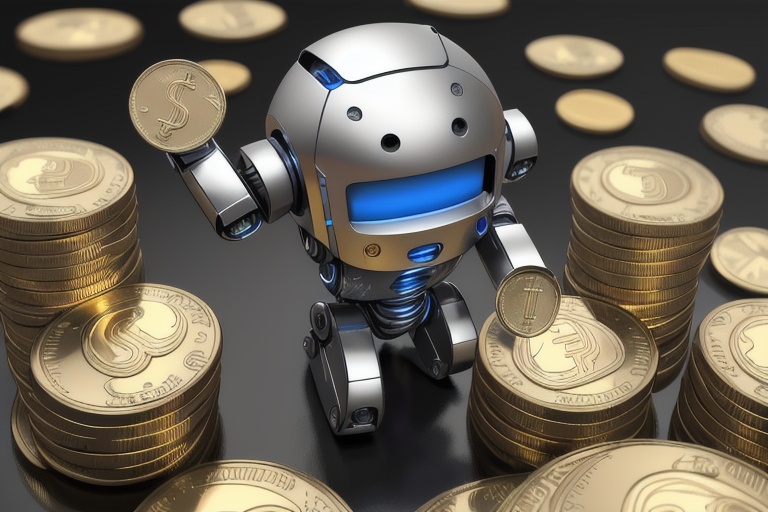
- Details
- By:
- Category: Machine Learning
Artificial Intelligence (AI) is no longer the stuff of science fiction. It powers the virtual assistants we interact with daily, such as Siri and Alexa, and is integral to the development of self-driving cars. With AI's prevalence in our modern world, the need for skilled professionals in the field has surged, prompting educational institutions to respond accordingly. Universities across the nation are now at the forefront of this revolution, crafting AI-focused programs for undergraduate students designed to arm them with the skills needed to thrive in this rapidly advancing sector.

- Details
- By:
- Category: Machine Learning
Artificial intelligence (AI) has transformed from a science fiction fantasy into a critical component of modern society, altering the way we live and work with rapid advancements. Despite the common association of AI with futuristic robots or superhuman intelligence, the reality is much more grounded and nuanced. This field, with its layered complexities and wide-reaching potential, is reshaping industries and setting the pace for technological progress. Understanding the distinctions between varying forms of AI, from specialized applications to broader, more ambitious goals, is key to grasping its current state and future trajectory.
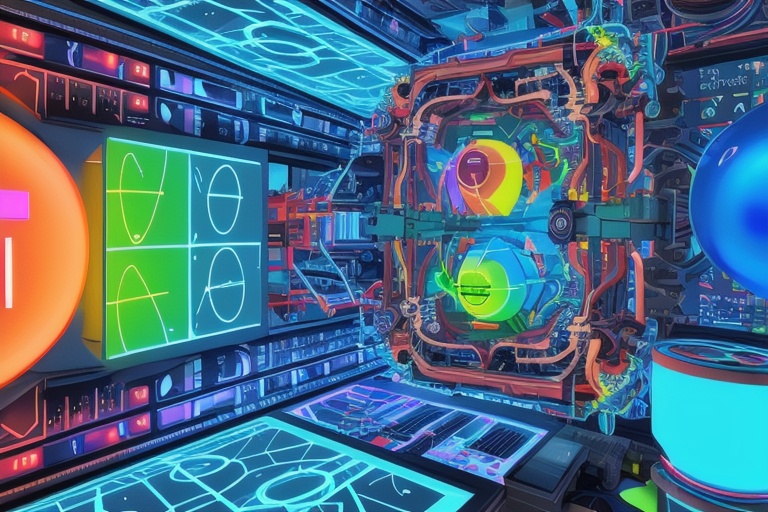
- Details
- By:
- Category: Machine Learning
Artificial intelligence (AI) and machine learning (ML) are at the cutting edge of technological advancements, revolutionizing industries and shaping our digital world's future. Coupled with programming, these fields form a triad of transformative forces that are indispensable in developing innovative applications and optimizing complex operations. In this comprehensive look, we will explore the cornerstones of programming, AI, and ML, highlighting their practical applications and the limitless possibilities they hold for the future.



